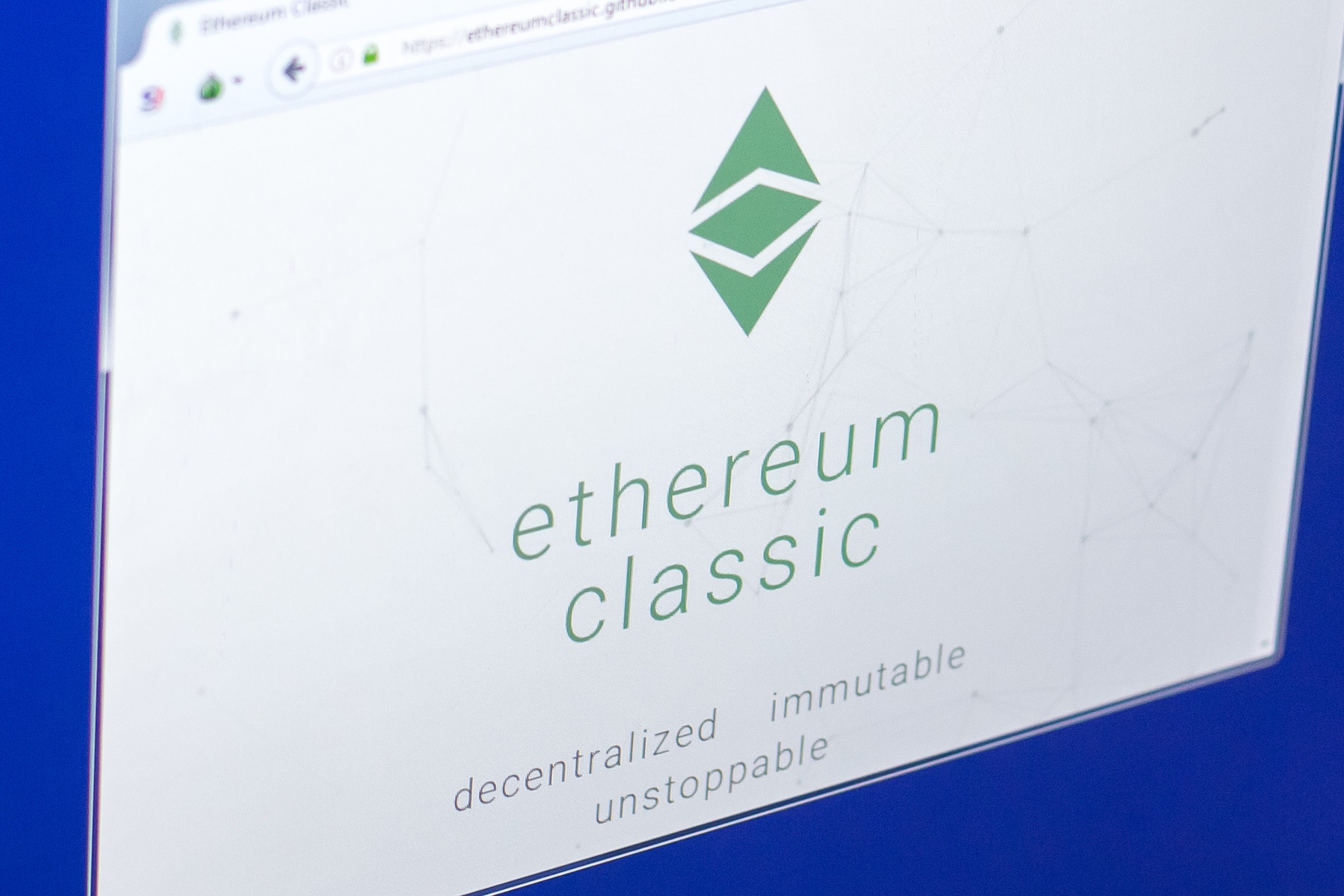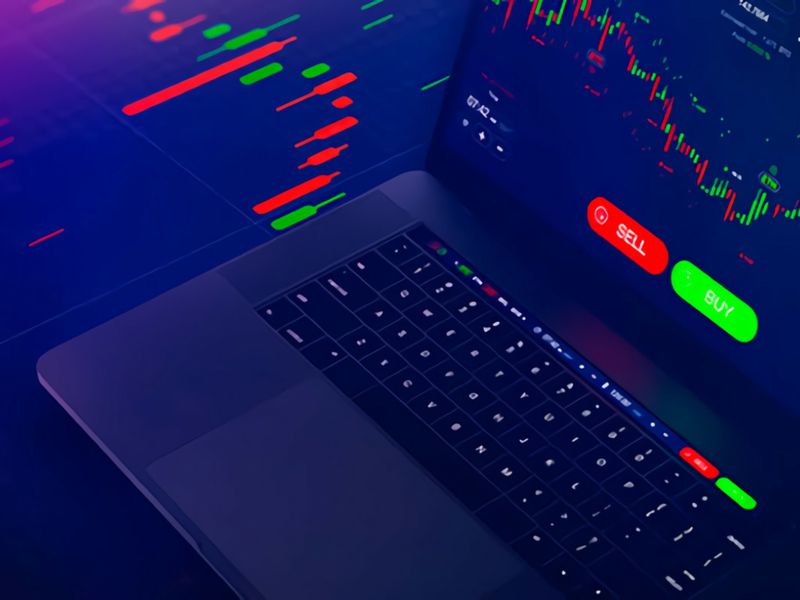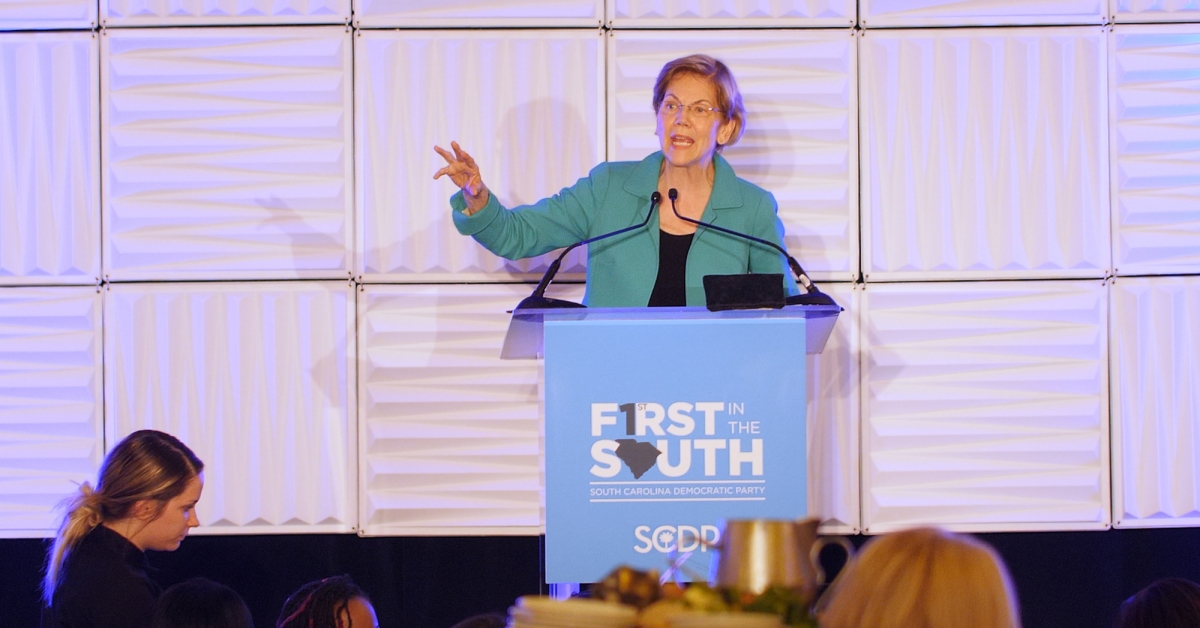Blockchain Project Qtum Moves to Boost Network Participation With Offline Staking
Qtum lead developer Jordan Earls (CoinDesk archives)
Blockchain application platform Qtum will soon undergo a hard fork enabling network participants to stake and earn rewards from tokens held in offline wallets.
- Announced Tuesday, the fork – when the blockchain divides to provide an alternative version with different features – will usher in a new code release at block 680,000, expected Aug. 28.
- The upgrade will enable offline wallet address owners to delegate their blockchain-based holdings – technically termed unspent transaction outputs (UTXOs) – to an online node operating Qtum’s proof-of-stake (PoS) consensus.
- PoS is a distributed consensus mechanism that allows users to vote on governance decisions and support the blockchain by dedicating, or “staking,” tokens, earning them network fees as a reward.
- Qtum previously only allowed participants to stake tokens online via a full node, but participation was limited by users who did not want to, or could not, run a full node.
- Offline staking is expected to increase participation, while also enhancing Qtum’s “democratic, distributed, and secure” functionality, according to a statement.
- The fork is being supported by cryptocurrency exchanges including Binance, Huobi, OKEx, Coinone, CoinDCX and Gate.io.
- Qtum launched in 2017 as a hybrid blockchain featuring aspects of Bitcoin and Ethereum to provide smart contract functionality for distributed app developers seeking an alternative platform.
Disclosure
The leader in blockchain news, CoinDesk is a media outlet that strives for the highest journalistic standards and abides by a strict set of editorial policies. CoinDesk is an independent operating subsidiary of Digital Currency Group, which invests in cryptocurrencies and blockchain startups.







